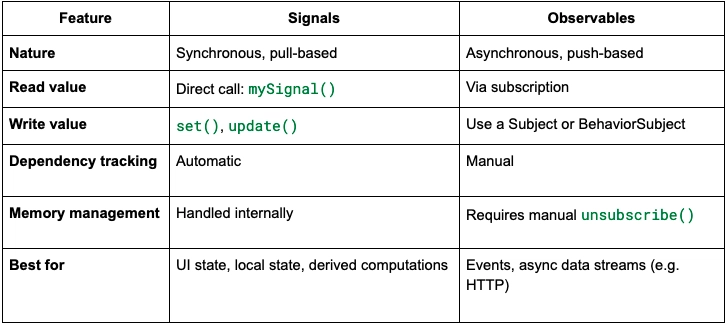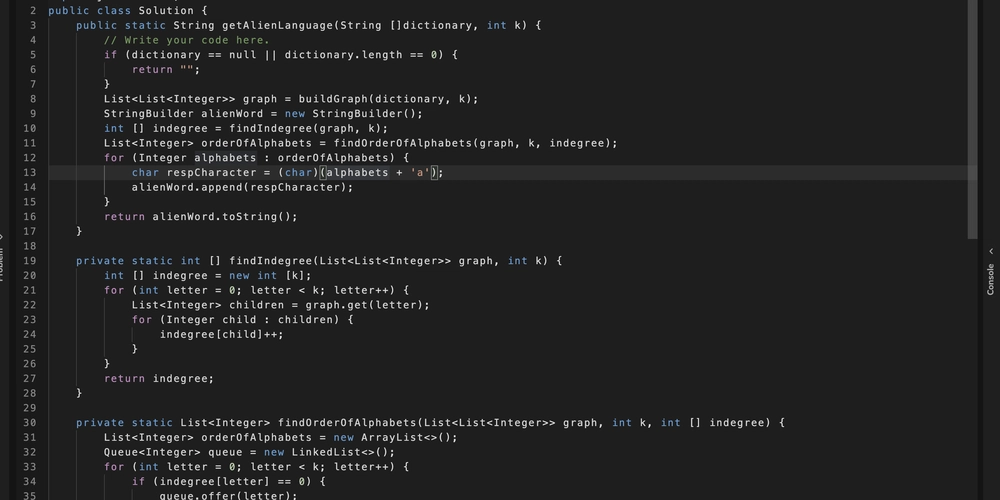New Fully Undetected Anubis Malware Let Hackers Execute Remote Commands
A newly discovered Python-based backdoor called AnubisBackdoor is enabling threat actors to execute remote commands on compromised systems while completely evading detection by most antivirus solutions. Developed by the notorious threat group Savage Ladybug (also known as FIN7), this malware combines simplicity with effectiveness through mild obfuscation techniques, allowing attackers to maintain persistent access to […] The post New Fully Undetected Anubis Malware Let Hackers Execute Remote Commands appeared first on Cyber Security News.

A newly discovered Python-based backdoor called AnubisBackdoor is enabling threat actors to execute remote commands on compromised systems while completely evading detection by most antivirus solutions.
Developed by the notorious threat group Savage Ladybug (also known as FIN7), this malware combines simplicity with effectiveness through mild obfuscation techniques, allowing attackers to maintain persistent access to infected systems without raising security alerts.
The malicious software enables attackers to execute commands remotely, exfiltrate sensitive data, and further compromise systems across an organization’s network infrastructure.
The primary infection vector appears to be malspam campaigns where unsuspecting users receive seemingly legitimate emails containing malicious attachments or links.
When users interact with these malicious elements, the AnubisBackdoor is installed on their systems, establishing persistence mechanisms and communication channels with command and control servers operated by the attackers.
This stealthy approach allows the malware to remain operational for extended periods while victims remain unaware of the compromise.
PRODAFT’s researchers identified that the malware’s effectiveness stems from its carefully designed obfuscation techniques, which have proven remarkably successful at bypassing even sophisticated security solutions.









































































































































































![[The AI Show Episode 142]: ChatGPT’s New Image Generator, Studio Ghibli Craze and Backlash, Gemini 2.5, OpenAI Academy, 4o Updates, Vibe Marketing & xAI Acquires X](https://www.marketingaiinstitute.com/hubfs/ep%20142%20cover.png)


























































































































![[FREE EBOOKS] The Kubernetes Bible, The Ultimate Linux Shell Scripting Guide & Four More Best Selling Titles](https://www.javacodegeeks.com/wp-content/uploads/2012/12/jcg-logo.jpg)



![From drop-out to software architect with Jason Lengstorf [Podcast #167]](https://cdn.hashnode.com/res/hashnode/image/upload/v1743796461357/f3d19cd7-e6f5-4d7c-8bfc-eb974bc8da68.png?#)







































































































.png?#)




.jpg?#)


















 (1).webp?#)













_Christophe_Coat_Alamy.jpg?#)







































































































![Rapidus in Talks With Apple as It Accelerates Toward 2nm Chip Production [Report]](https://www.iclarified.com/images/news/96937/96937/96937-640.jpg)










































































































































